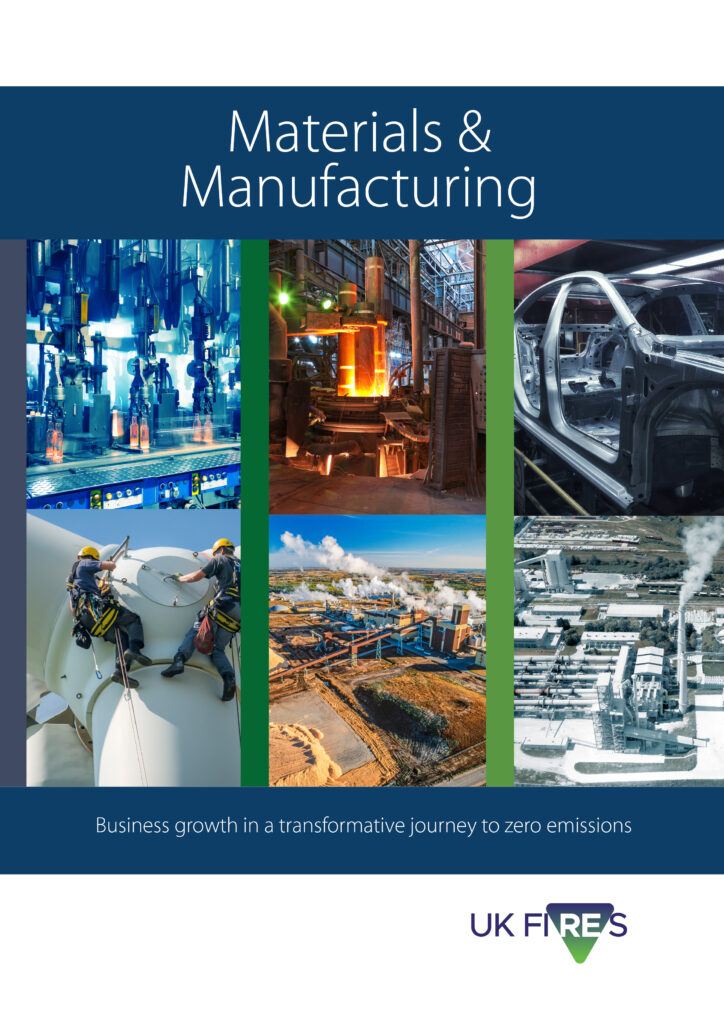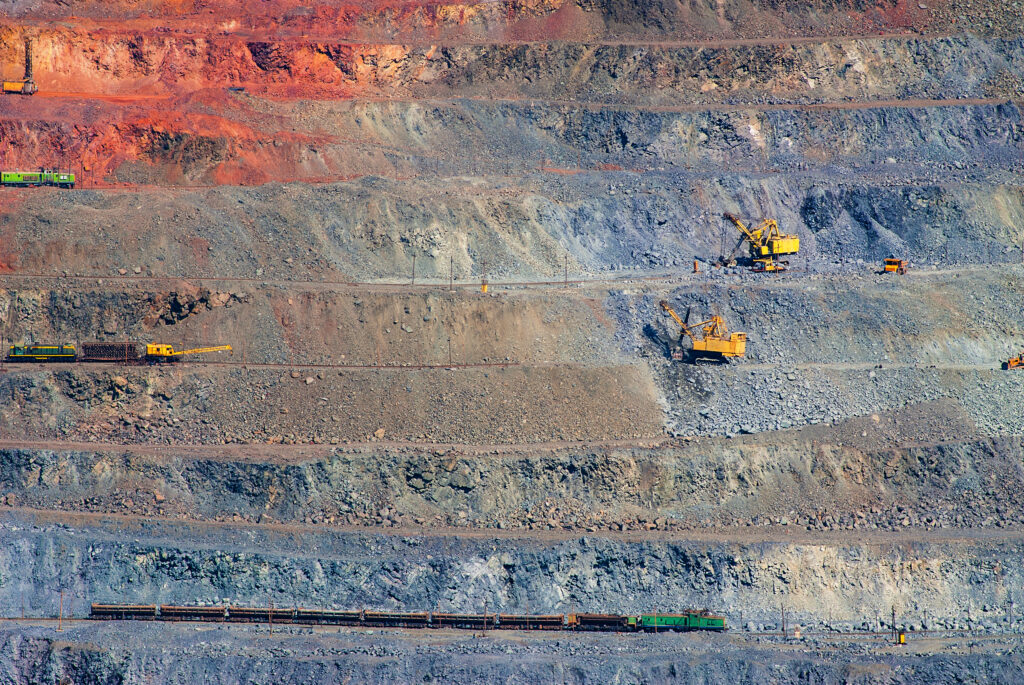
Three industrial processes contribute significant emissions beyond those related to energy.
- Blast furnaces making steel from iron ore and coke release carbon dioxide.
- Half of the emissions from current cement production come from the chemical reaction as limestone is calcined to become clinker.
- The group of “F-gases” used in refrigerants, solvents, sealants and in creating foams need to be contained.
Zero emissions will drive a rapid transition in material requirements. Significant reduction in demand for some ores and minerals, particularly those associated with steel and cement, are likely along with a rapid expansion of demand for materials associated with electrification. There will be opportunities for consolidation in the currently diffused businesses of secondary material collection, processing, inventory and supply.
Three industrial processes contribute significant emissions beyond those related to energy.
- Blast furnaces making steel from iron ore and coke release carbon dioxide.
- Half of the emissions from current cement production come from the chemical reaction as limestone is calcined to become clinker.
- The group of “F-gases” used in refrigerants, solvents, sealants and in creating foams need to be contained.
Zero emissions will drive a rapid transition in material requirements. Significant reduction in demand for some ores and minerals, particularly those associated with steel and cement, are likely along with a rapid expansion of demand for materials associated with electrification. There will be opportunities for consolidation in the currently diffused businesses of secondary material collection, processing, inventory and supply.
Steel sector: All existing forms of blast furnace production, which are already under great pressure due to global over-capacity, are not compatible with zero-emissions. However, recycling powered by renewables, has tremendous opportunities for growth exploiting the fact that steel scrap supply will treble in the next 30 years.
Cement sector: All existing forms of cement production are incompatible with zero emissions. There are some opportunities for expanded use of clay and urgent need to develop alternative processes and materials. Using microwaves processes to recycle used cement appears promising.
In December 2020 we held the Absolute Zero Workshop for UK Manufacturing to explore the opportunities for business growth and innovation consistent with the Absolute Zero analysis.






